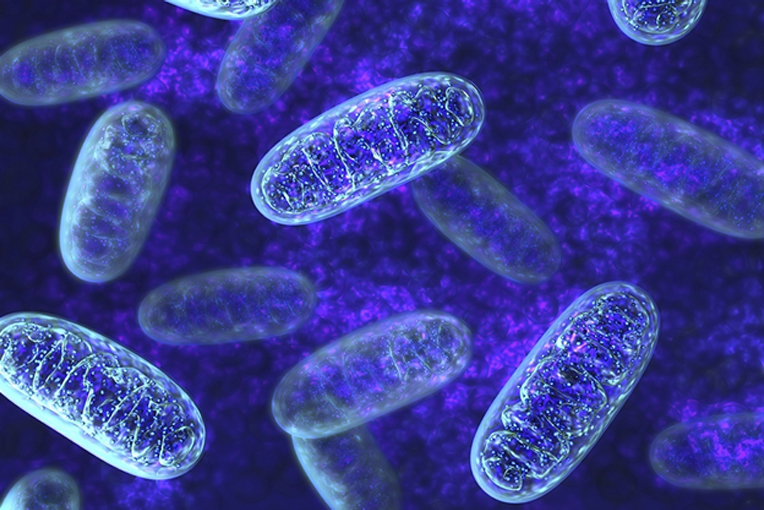Hydrogen Gas

What is Molecular Hydrogen?
Molecular Hydrogen gas is the inhalation of HHO gas. Oxy-hydrogen gas is a gaseous mixture of molecular hydrogen and molecular oxygen that is generated by the electrolysis of water and delivered in a ratio of 2:1 (66% and 33% respectively).
It is a non-invasive, painless and systemic adjunctive therapy performed via a nasal cannula or mask, allowing the gas mixture to directly enter the respiratory system.
Molecular Hydrogen gas has now been recognised as a gaseous signalling molecule (GSM) as molecular hydrogen is exhibiting appealing potential in healthcare for its role in preventing cell injury and other therapeutic benefits as hydrogen holds the ability to diffuse across the cell membrane into all of the tissues, cells and organs.
Inhalation of Molecular Hydrogen does not effect blood pressure and has no cytotoxicity even at high concentrations.
- – Super anti-oxidant
- – Nutrition for your cells
- – Regenerative power
- – Anti-inflammatory, anti-ageing and anti-apoptotic
- – Autophagy regulator
- – Suppresses brain damage
- – Regulates gene expression
- – Stimulates energy metabolism
Hydrogen is the smallest particle in the universe.
Super Small
It is so small you could even fit 200,000 molecules of hydrogen across the width of one strand of hair.
Source of Fuel
Hydrogen is a source of fuel, it has no toxic by product. Hydrogen acts as a source of fuel to improve cellular function.
The Best Antioxidant
Each day our bodies are battered. H2 is a novel antioxidant because of its ability to scavenge strong oxidants.
Selective Antioxidate
Hydrogen is a selective antioxidant as it can rapidly diffuse across cell membranes where other antioxidants cannot access.
Hydrogen and The Mitochondria
Because hydrogen is so small and so light, it is easily transported into every cell and mitochondria in the body. H2 is able to reach any damaged mitochondria where in any other case the antioxidants are just bystanders.
Hydrogen as an Antioxidant
Every single day our bodies are insulted with lots of damaging free radicals, allergens, stress, viruses, bacteria and pollution…just to name a few. This is as serious as to claim that almost 90% of modern day ailments are known to be associated with free radicals.
The hydroxyl radical is the most toxic free radical and holds the most power when attacking our vital structures such as our DNA, lipids and proteins. The hydroxyl radical plays a major role in over 70 diseases including cancer, blood vessel diseases, Alzheimer’s disease, Parkinson’s disease, heart disease, stroke and diabetes.
Molecular hydrogen when administered as a medicinal compound is able to significantly reduce the concentration of hydroxyl radicals in every single one of our cells, therefore dramatically reducing the potential of disease.
Additionally, as hydrogen acts as a selective antioxidant, whilst damaging free radicals such as hydroxyl are neutralised from the cell, the beneficial free radicals such as hydrogen peroxide and nitric oxide are spared.
As hydrogen has selective capabilities between harmful and beneficial free radicals, it is able to create homeostatic balance within the cell.
Molecular Hydrogen and Metabolic Diseases
Reactive oxygen species also play a role in diseases such as diabetes mellitus, as damage to the mitochondrial function caused by ROS and other inflammatory processes lead to diabetic sequelae.
Studies have shown that the application of hydrogen reduces oxidative stress in the liver, therefore resulting in reduced fat retention.
Hydrogen also has a direct effect on improved blood sugar levels. A clinical trial involving 30 type 2 diabetes patients was split into study group and control group. The study group used hydrogen as a medicinal application and the control did not.
It was found that biomarkers for oxidative stress, insulin resistance and glucose metabolism was improved in the study group. Additionally, a significant improvement in the LDL fraction and improvement in insulin production was observed (56%) in this trial.
In another study, the scientists improved the glucose uptake into muscle cells by the glucose transport protein GLUT-4 by adding hydrogen, thus the pathophysiology of type 1 diabetes was relieved.



